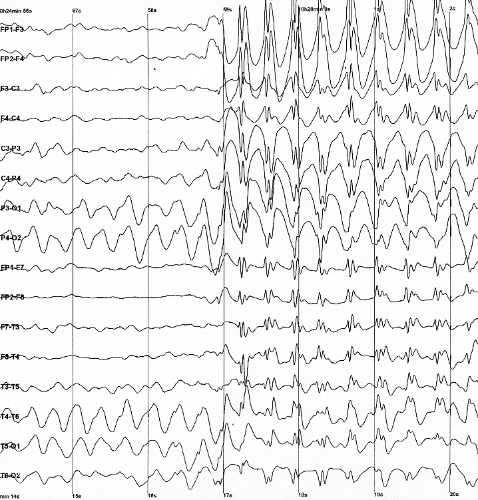Study examines social outcomes in young adults with childhood-onset epilepsy

In a recent study, young adults who developed uncomplicated epilepsy as children (meaning that they did not have other neurologic or intellectual impairment) had similar social outcomes as their siblings, but only if they had not experienced a seizure in at least 5 years.
Those who were not in remission were more likely to be less productive in school or employment and to not have a driver's license. Unsurprisingly, those with complicated epilepsy had worse outcomes than siblings across numerous outcomes.
"These long-term data demonstrate that health care providers can counsel families regarding their children's long-term social prognosis and should continue to strive for seizure freedom as a treatment goal," said Dr. Christine Baca, lead author of the Epilepsia study.
More information: Epilepsia, DOI: 10.1111/epi.13726















